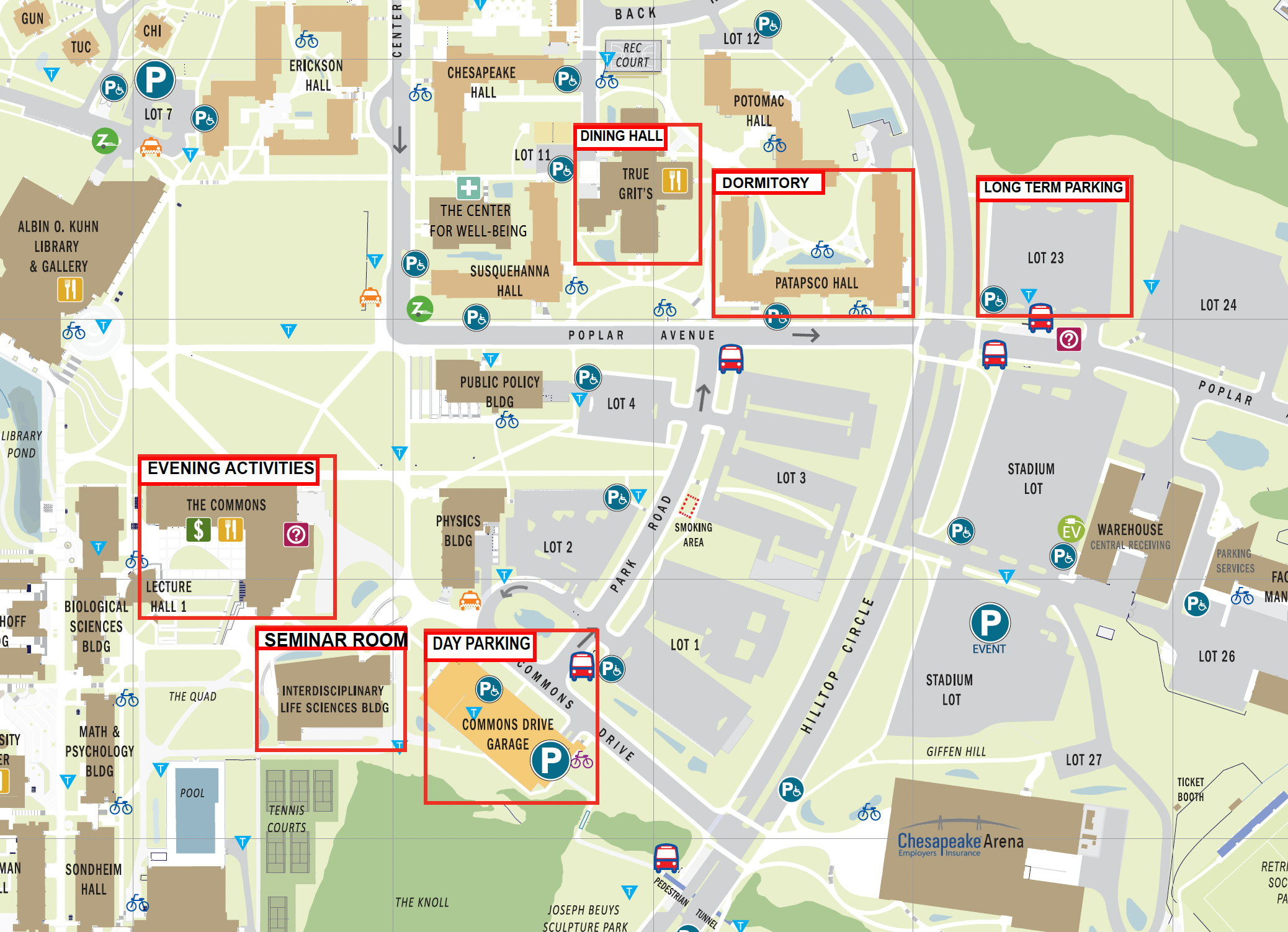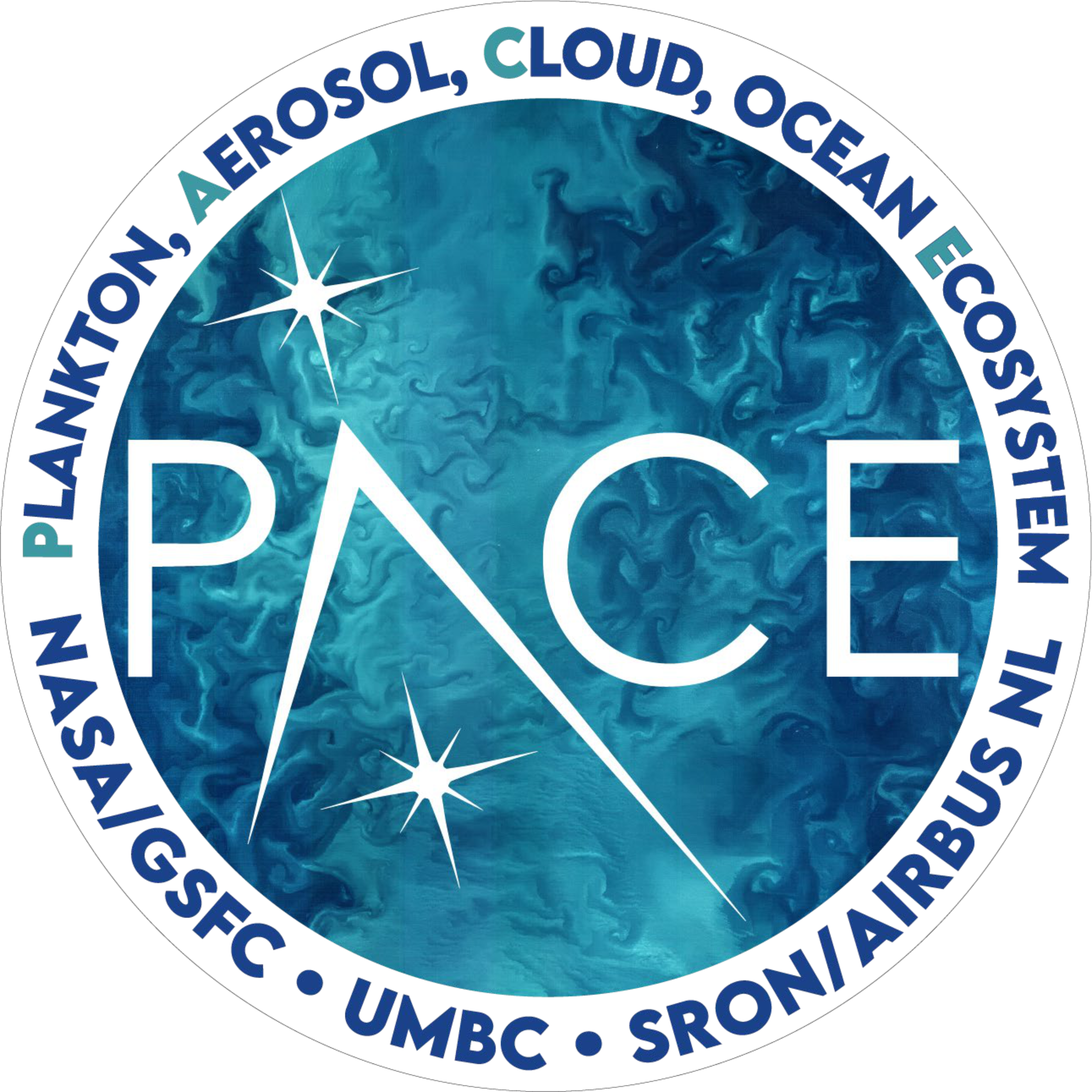What to Expect#
The PACE Data Hackweek focuses on hands-on, experiential learning, with participants engaging in extended periods of small-group work.
Objectives#
Our presentations are designed to offer snapshots of programming tools in support of your data explorations. We do not aim to provide comprehensive training in fundamentals. Rather, our goal is to up-skill participants in the practices and tools we find essential for working with Earth science data. Participants are encouraged to fill in the gaps through peer-learning and one-on-one help from hackweek mentors.
Here are a few specific scenarios of how hackweek participants will engage with data science tools:
Connect to a JupyterHub environment and run notebooks provided as tutorials.
Access cloud-hosted remote sensing data using
earthaccessand plot it usingmatplotlib.Explore multi-dimensional remote sensing data using
xarray.Open CSV tabular data in
pandasand run tools to conduct satellite matchups.Modify code, track it with git, and collaborate through GitHub with others on your group project team.
Try methods for high performance computing, such as using
daskfor parallelization.Prepare datasets for machine learning, and use
pytorchfor modeling with neural networks.
These are examples of the types of activities we will do at the PACE Data Hackweek in a collaborative setting. We invite you to reflect on your comfort level with tasks such as these, so you can arrive at the hackweek with clarity on where to dedicate your energy. All presentations and project work will assume participants are somewhat familiar with Python and the types of computing typically encountered in the Earth sciences. For participants wishing to brush up on fundamentals before the event, we recommend the resources prepared by Project Pythia.
Logistics#
Internet Access#
WiFi: UMBC Visitor
Username: not needed
Password: not needed
Location#
Presentations will occur in the Interdisciplinary Life Sciences Building (ILSB) Room 116.
Doors open at 8:00 am each morning (Sunday-Thursday). Morning sessions start promptly at 8:30 AM.
Due to space limitations, only registered participants can attend the presentations and group project sessions.
Participants are expected to attend all scheduled activities. Inform a hackweek mentor if any circumstances prevent you from attending an activity.
Dorms#
Dorms are all single rooms with a shared bathroom.
Participants who opt to will be staying at Patapsco Hall.
Dorm check-in will be from 4pm to 7pm on Saturday, August 2nd.
Dorm check-out will be from 9am to 12pm on Friday, August 8th.
There is a 24 hour desk in the lobby of the dorm. If you arrive early or late on Saturday, check-in at the 24 hour desk.
Meals#
Breakfast, lunch, and dinner will be covered each day through the meal cards provided at check-in.
Your meal card is programmed with the prearranged meals, which can be used at UMBC’s True Grits dining hall. Please note that this is the only dining location on campus where the card will work.
Dining Hall Hours:
Breakfast: 7:30am – 9:00am
Lunch: 11:30am – 1:00pm
Dinner: 5:00pm - 6:30pm
If you are staying at a hotel or commuting, you will receive a meal card on Sunday morning in the ILSB building.
Coffee, tea, and snacks will be provided each day in the ILSB building.
Travel#
Please review the “Arrivals & Departures” spreadsheet you received via email for suggested ride-sharing.
Taxis, Uber, and Lyft are available from BWI and the BWI MARC/Amtrack station.
Campus Map#

